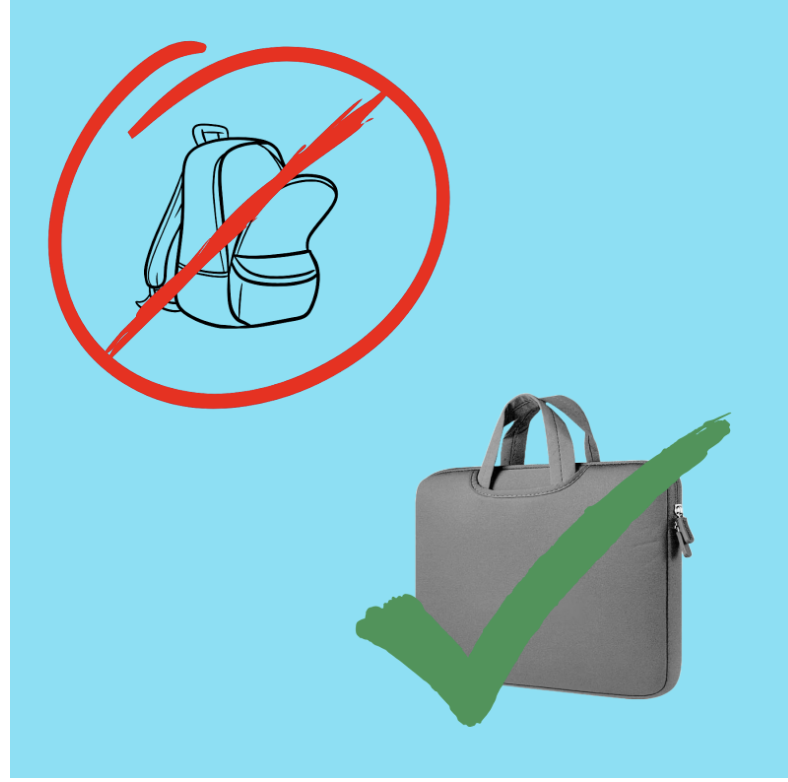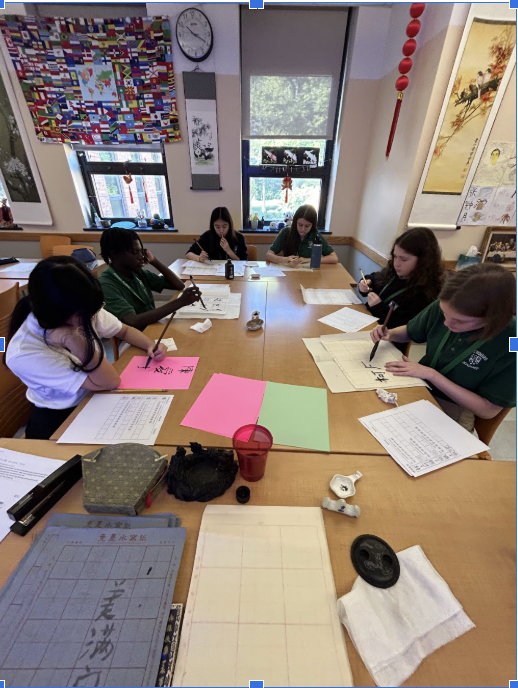Plastic Waste Treaty
As of March 2, 2022, 175 countries from across the world agreed to an unprecedented global treaty that would restrict plastic waste. The United Nations Environment Assembly, which took place in Nairobi, Kenya, concurred that they would have until the end of 2024 to fully detail and fund the treaty. Inger Anderson, Executive Director of the United Nations Environment Programme, accurately summarized the importance of such an event, announcing,“This is the most significant environmental multilateral deal since the Paris accord.”
The rise of plastic pollution has become a significant issue over the past few decades due to its convenience, high production rates, and poor disposal. The PEW Research Center has found that around eleven million metric tons of plastic waste are created annually. Based on this data, it is estimated that the amount of plastic produced annually by 2040 will reach a staggering 29 million metric tons.
Plastic products are easy to make and cheap to produce, but this convenience comes at a price. Most commonly, plastics wind up in the ocean where they are consumed by or suffocate marine creatures. Animals that eat plastic often die of starvation because their stomachs become filled by the substance, causing them to feel full and stop eating. Additionally, the effects of plastics are not only seen in the ocean, but on land as well. Plastics contain harmful chemicals, such as heavy metals, flame retardants, and phthalates, that pose risks to human health. These chemicals are also known to spread into groundwater through landfills, which further alters the Earth’s natural ecosystem.
This treaty reflects recent trends of attempts to develop a more environmentally conscious world, specifically through the elimination of plastic waste. There has been a significant increase in the number of institutions and regulations put in place to restrict plastic use over the past few years. In our own state of Delaware, we have witnessed a surge in plastic bag restrictions, with the most recent ruling that as of July 1, 2022, the state will no longer provide plastic carryout bags at checkout. Yet despite the progress established in these new policies, they still fail to address any forms of plastic other than plastic bags.
Although the exact details of the treaty have not yet been planned out, the goal of this new legislation is to “support a harmonized legislative landscape” and address the issues of “fragmented and ineffective” politics, according to the United Nations Treaty Plastic Poll Report. In order to do so, the United Nations hopes to implement specific limitations on more single-use plastic products, for instance straws or utensils. The treaty may also require companies to reduce their supply chain by adjusting packaging standards to use less plastic.
In a time where the environment is in imminent danger, we as a society often feel that there is nothing we can do. We are constantly reminded of the climate crisis, but sometimes it seems as though our worries are neglected by the government and our leaders. The recent United Nations Plastic Waste Treaty finally recognizes this struggle and offers a way for us to better the environment. Although no official limitations on plastics have been made yet, we can expect that in the near future we will see further policies against plastic waste. But until then, continue to reuse, recycle, and bring fabric bags over plastic ones to the grocery store!

Isabella is currently a junior at Archmere. She enjoys playing volleyball and swimming, along with listening to music and going to the beach.















